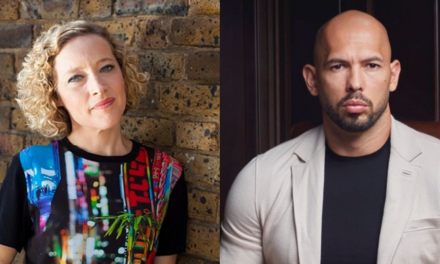A child who ran away from a drag queen act during a school event is now facing potential charges of committing a hate crime. This decision has ignited a firestorm of debate, questioning the appropriateness of criminalizing a child’s natural reaction and raising concerns about the suppression of personal discomfort or fear.
The incident occurred when the child, caught off guard by the presence of a drag queen performer, felt uneasy and opted to remove themselves from the situation. However, school administrators deemed this action as potentially motivated by hate and discrimination, leading to the decision to pursue charges.
Critics argue that categorizing the child’s reaction as a hate crime is an extreme and disproportionate response. They contend that it is essential to respect the emotional boundaries and personal comfort levels of children, allowing them to navigate unfamiliar or potentially uncomfortable situations without fear of legal repercussions.
Supporters of the school’s decision maintain that such actions are necessary to combat hate and discrimination. They argue that any behavior perceived as a rejection or avoidance of diverse expressions of identity should be addressed firmly to promote inclusivity and acceptance within educational environments.
The case highlights broader concerns about the criminalization of thought or discomfort, particularly when it involves children who may not fully grasp the nuances of identity politics or diverse cultural expressions. It raises questions about the importance of open dialogue, education, and empathy in fostering understanding and acceptance.
As the case unfolds, it is crucial to consider the long-term implications of branding a child’s natural response as a hate crime. Balancing the need for inclusivity and respect for diverse identities with the rights of individuals to express their emotions and preferences is a complex task that requires thoughtful consideration and measured responses.
Ultimately, the case serves as a stark reminder of the challenges faced by society in navigating the intersection of personal beliefs, freedom of expression, and the pursuit of inclusive environments. It prompts reflection on the need for compassionate approaches that prioritize education and dialogue over punitive measures, especially when involving children.
















